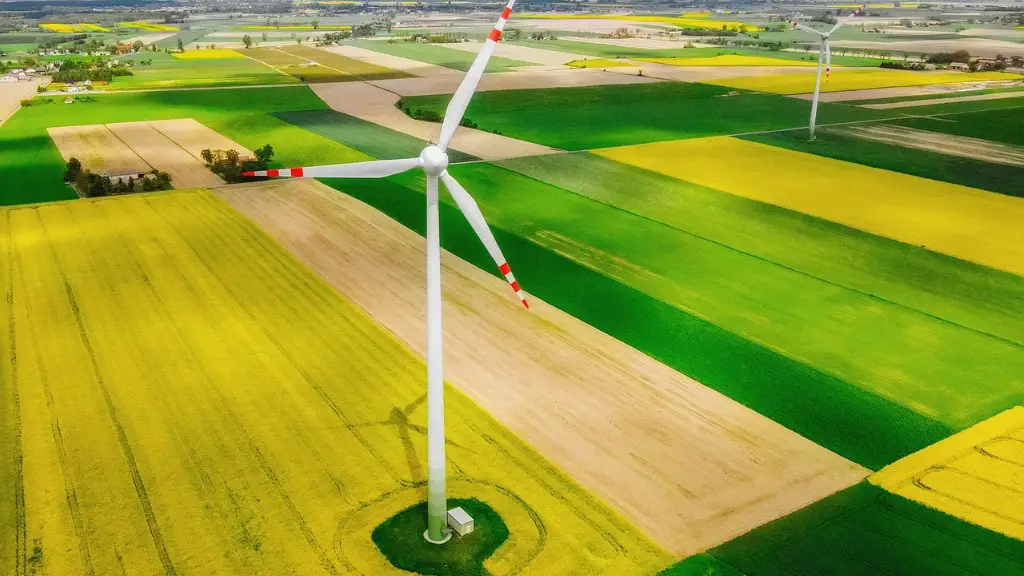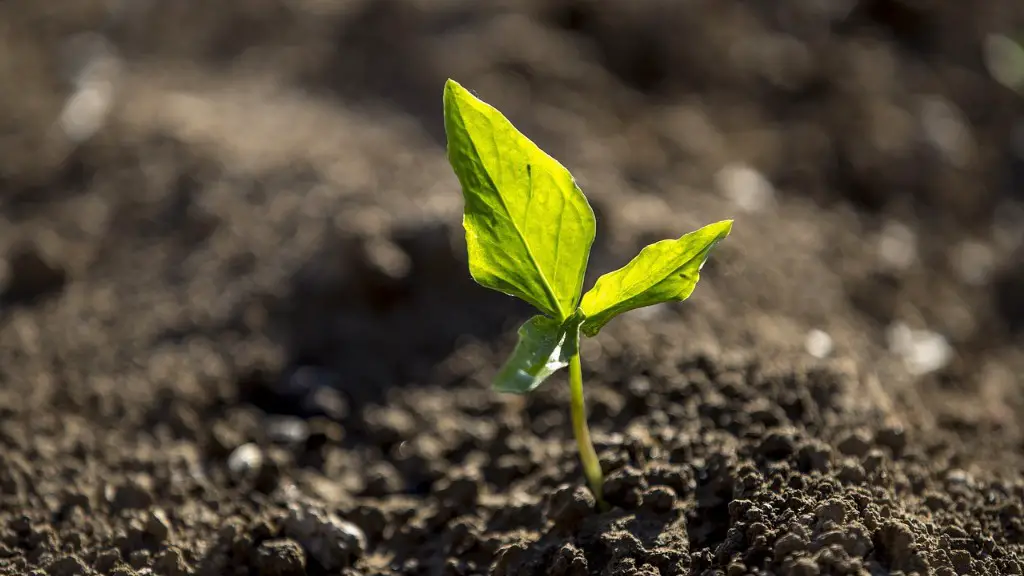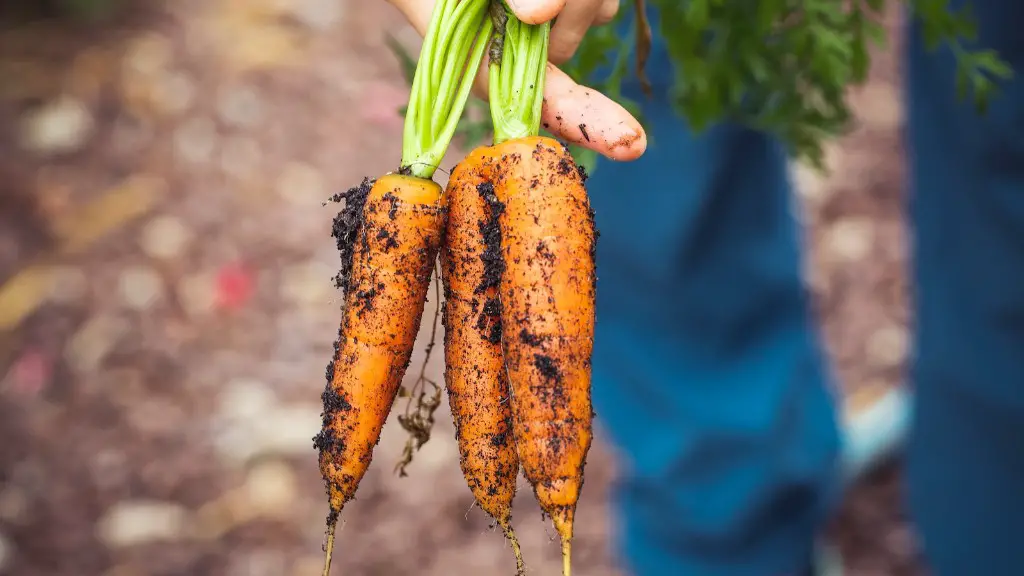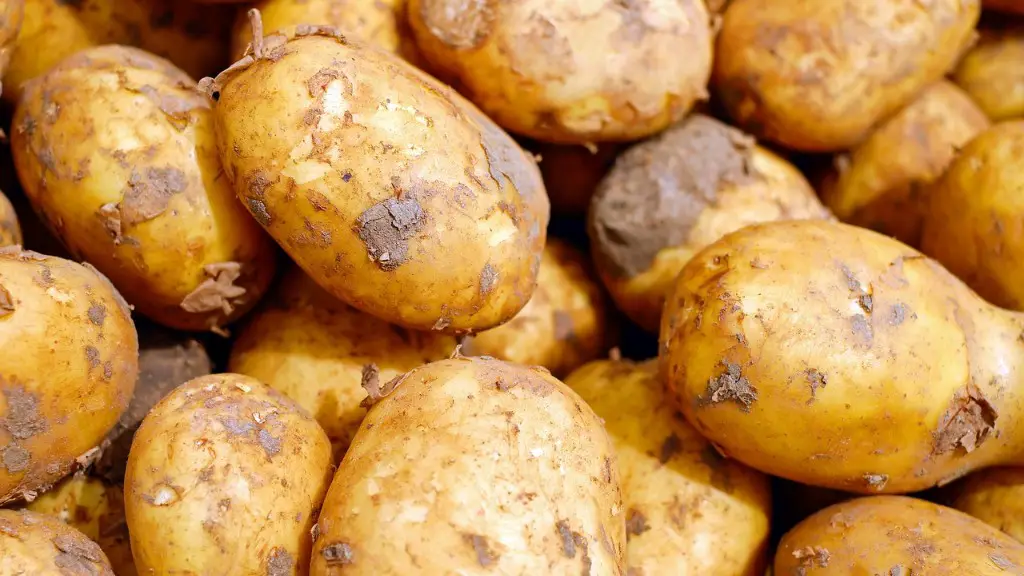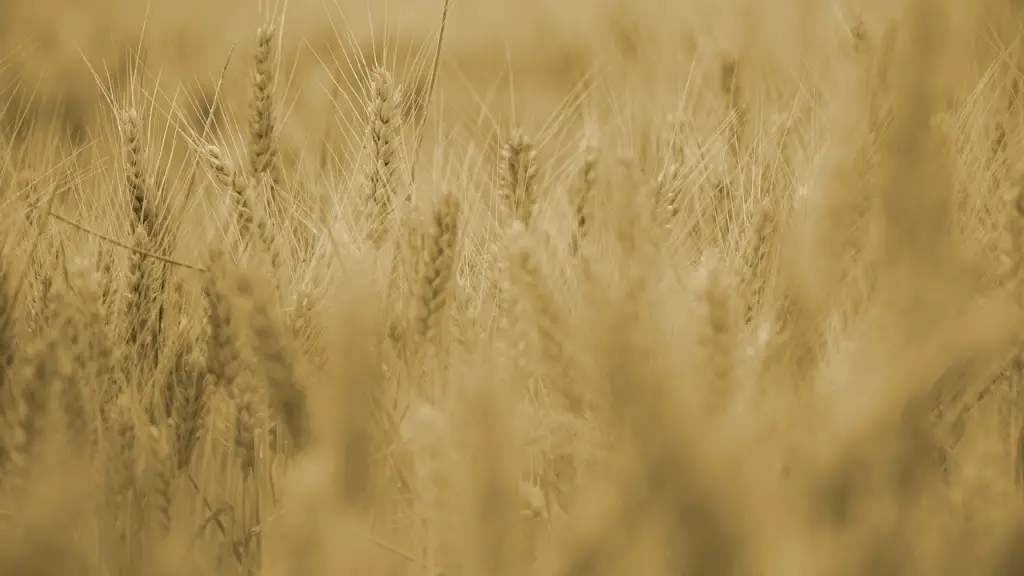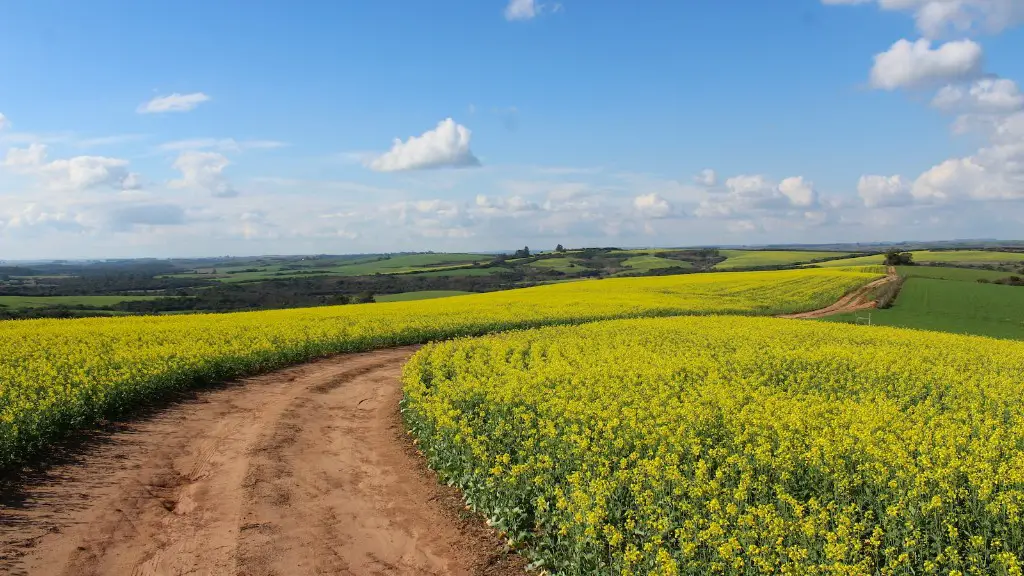Organic agriculture is a set of practices that sustains the health of soils, ecosystems and people. It relies on ecological processes, biodiversity and cycles adapted to local conditions, rather than the use of inputs with adverse effects. Organic agriculture combines tradition, innovation and science to benefit the shared environment and promote fair relationships and a good quality of life for all involved.
There are four principles of organic agriculture:
1. Health: Protecting and promoting human and ecological health.
2. Ecology: Cycling of resources, promoting ecological balance, and conserving biodiversity.
3. Fairness: Providing fair working conditions and social equity for all involved in the food system.
4. Care: Caring for the land and animals involved in food production.
What are the four principles of organic agriculture?
Organic agriculture is based on a set of principles that aim to create a more sustainable and environmentally friendly system of food production. The four main principles are health, ecology, fairness, and care.
Health: Organic agriculture aims to produce food that is healthy for both people and the environment. This means using methods that avoid or minimize the use of synthetic chemicals, GMOs, and other potentially harmful inputs.
Ecology: Organic agriculture recognises the importance of healthy ecosystems for the long-term sustainability of food production. This means using methods that protect and enhance soil health, water resources, and biodiversity.
Fairness: Organic agriculture aims to create a fairer and more equitable food system, from farm to table. This means supporting small-scale farmers and promoting fair working conditions throughout the supply chain.
Care: Organic agriculture is founded on the principle of care for both people and the planet. This means producing food in a way that respects the rights of workers and consumers, and protects the natural resources we all depend on.
Organic agriculture should be based on living ecological systems and cycles, work with them, emulate them and help sustain them. This principle roots organic agriculture within living ecological systems. It states that production is to be based on ecological processes, and recycling.
What are the basic principles of agriculture
Farming is a process of cultivating land for the purpose of growing crops or raising livestock. There are a variety of ways to farm, and the type of farming that is done often depends on the climate, soil type, and available resources. In general, however, there are some basic principles that all farmers follow in order to be successful.
The first step in farming is to choose the right time. This means timing the planting and harvesting of crops so that they are able to grow and mature properly. It is also important to break up the soil before planting so that the roots can spread and the plants can get the nutrients they need.
Once the plants are in the ground, it is important to see to their fertility and moisture. This means making sure the soil is healthy and has enough nutrients for the plants to grow. It is also important to keep the soil moist so that the plants do not dry out and die.
The last step in farming is to harvest the crops. This is usually done when the plants are mature and the fruits or vegetables are ripe. It is important to harvest early so that the crops do not rot or become overripe.
The primary goal of organic agriculture is to optimize the health and productivity of interdependent communities of soil life, plants, animals and people. By using organic farming practices, farmers can help build and maintain these important communities, which are essential for sustaining a healthy and productive farm.
What are the 4 main factors farmers must consider before making a farm?
If you’ve always dreamed of owning a farm, there are a few key factors you need to consider before making your dream a reality. The cost to start a farm can be significant, so you’ll need to make sure you have a solid financial plan in place. The location of your farm is also important – you’ll need to make sure there’s a good water and soil quality in the area. With a bit of planning and research, you can make your farm ownership dream a reality.
The principle of health states that the soil must be healthy in order to grow healthy crops and animals. This principle is important because it emphasizes the importance of healthy soil in order to have a healthy ecosystem. The principle of ecology states that the ecosystem must be in balance in order to be healthy. This principle is important because it emphasizes the importance of a healthy ecosystem in order to have a healthy environment. The principle of fairness states that all members of the ecosystem must be treated fairly. This principle is important because it emphasizes the importance of equality in the ecosystem. The principle of care states that the ecosystem must be cared for in order to be healthy. This principle is important because it emphasizes the importance of taking care of the environment in order to have a healthy ecosystem.
What are the methods of organic agriculture?
Crop rotation is a practice that has been used for centuries to help maintain soil health and productivity. Involving the systematic planting of different crops in a defined area over a set period of time, crop rotation can help to:
– reduce the build-up of pests and diseases in the soil
– reduce the need for chemical inputs
– improve soil fertility
– increase crop yields
When planning a crop rotation system, it is important to consider the needs of the different plants that will be grown. For example, some plants require more nitrogen than others, so it is important to choose a crop rotation that will meet the needs of all the plants involved.
The basic goals of sustainable agriculture are environmental health, economic profitability, and social and economic equity. Sustainable agriculture is an approach to food production that is based on three main principles: environmental stewardship, economic viability, and social responsibility. These principles are sometimes referred to as the “three legs of the sustainability stool.”
What are the characteristics of organic agriculture
Organic farmers use sustainable practices to maintain and improve the fertility of the soil, while also reducing erosion. They also work to reduce the risks of exposure to toxic materials for both humans and animals. By fine-tuning their practices to meet local conditions, organic farmers are able to satisfy local markets.
Organic farming is a form of agriculture where no synthetic chemicals are used. This means that organic farmers rely on natural processes to fertilize, control weeds, and pests. There are two types of organic farming: integrated organic farming and pure organic farming.
Integrated organic farming is a type of organic farming that uses some synthetic chemicals, but in a way that is not harmful to the environment. For example, some farmers may use synthetic chemicals to control pests, but they will also use other methods, such as crop rotation, to prevent pests from coming back.
Pure organic farming is a type of organic farming that does not use any synthetic chemicals. This means that farmers rely solely on natural methods to fertilize, control weeds, and pests.
What are the 3 benefits of organic farming?
While there are some benefits to organic farming, it is not necessarily better than conventional farming. Organic farming uses fewer pesticides and can help to reduce soil erosion and nitrate leaching. However, it is generally more expensive for consumers and has lower yields.
The use of irradiation, sewage sludge, and genetic engineering is expressly prohibited when growing or processing organic foods. These methods are considered to be harmful to the environment and to the health of consumers. Organic foods are grown and processed without the use of these methods, and are therefore considered to be more natural and safer for consumption.
What are four 4 skills needed to be a successful farmer
Farmers must have a wide range of skills to be successful. They need to be able to solve problems, communicate effectively, manage their farms, and be well-organized. These skills can be used in many different ways, from interacting with farmworkers to taking care of crops and repairing equipment. farmers who have these skills are more likely to be successful.
There are a few high-risk factors when it comes to farming:
-Age: Injury rates are highest among those 15 and younger and adults over age 65.
-Lack of medical care: Since farmers live in rural areas, hospitals and EMS are often a far distance away from the farm.
-Machinery: Farming equipment is often large and dangerous, and accidents with them can be fatal.
What is the most crucial factor in farming?
Soil fertility is a very important factor in crop production. It can make or break a crop, and can even impact the amount of produce that a farmer gets. Good soil fertility can help a crop to resist pests and diseases, and can also help it to grow better.
The different methods of organic farming are crop diversity, crop rotation, biological pest control, soil management, green manure, compost, weed management, and controlling other organisms. All of these methods are important in organic farming. Crop diversity and crop rotation are important because they help to ensure that the soil stays healthy and productive. Biological pest control and soil management are important because they help to keep the pests and diseases under control. Green manure and compost are important because they help to improve the quality of the soil. Weed management and controlling other organisms are important because they help to keep the weeds and other unwanted plants under control.
What are the three major characteristics of organic farming
Organic farming is a type of agriculture that relies on naturally occurring processes, rather than the use of synthetic fertilizers and pesticides. Its characteristics are the use of organic materials as pesticides and insecticides, protecting the long-term fertility of the soil, and frequent decomposing and fallowing.
Organic farming is a form of agriculture that relies on natural processes, such as crop rotation and natural pest control, rather than on synthetic inputs, such as pesticides and fertilizers. Organic farms in India are seen gaining popularity over the years due to the growing awareness among consumers about the benefits of organic produce. Consumers are willing to pay a premium for organic products, which are perceived to be fresher and more nutritious. Some of the popular organic farms in India include Navdanya, The Farm, The Slow Farm, Vrindavan Farms, Urban Green, and Fate Farms.
Conclusion
The four principles of organic agriculture are:
1. Health: Promote and maintain the health of soil, plants, animals, and humans.
2. Ecology: Manage systems to sustain biological diversity, biological cycles, and soil fertility.
3. Fairness: Share resources equitably and strive for economic justice.
4. Care: Act with care and responsibility for the health of the natural world.
Organic agriculture is based on four principles: health, ecology, fairness, and care. These principles work together to create a system of agriculture that is sustainable and provides for the needs of both people and the planet.
